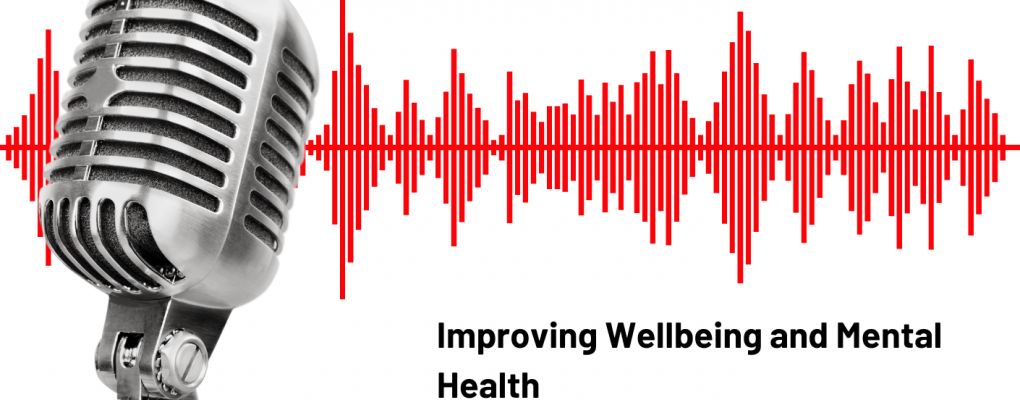Taking a holistic approach to supporting your team
In the latest instalment of our mental health podcast series, we talk to Martin Lockham, Head of Fundraising and Growth at Mates in Mind, one of the UK’s leading charities supporting mental health awareness within the workplace, and Louise Auld, DGCOS Executive Assistant.. This podcast discusses ways in which companies can support their staff who may be suffering with mental health issues, and how important it is that there are cultural changes which enable us to destigmatise the issue to support open communication.
Including soft skills in management training
The key to being able to recognise when a team member is struggling and being able to act on it is something we can all take responsibility for but the communication about mental health within organisations starts from the top. Culturally, we need to break down the stigma of mental health and accept it as an issue that can and should be openly discussed without embarrassment or fear.
Often it is the case that managers are in post because they are good at their jobs, and they may have received some training to make them more effective in that role. More often, this training will not include how to spot the signs of mental health issues, or how to start conversations, how to listen and what employee assistance programmes can be put in place.
Martin and Louise both advocate taking a holistic approach to the wellbeing of employees, treating them as individuals and being able to create an environment where mental health does not just fall under the HR remit.
Look after each other
Key to having a healthy approach to mental health lies within all of us. Martin suggests that all of us should be able to recognise the signs of stress and anxiety in ourselves to be able to act, but also to be able to look after each other. Team members often know their colleagues well and can know if someone is not quite themselves. Having implicit permission to ask simply, ‘Are you OK?’ of each other and having the space to have that conversation is as important as having access to support systems and more formal help. Looking after each other and being aware when someone is potentially struggling can often be the start of a conversation which leads to a turning point in accessing help and being understood.
Employee support systems
Both Martin and Louise have experience of what support systems employers can put in place that staff can access. After all, a healthy workforce equals less absenteeism, fewer mistakes and greater productivity, so both employee and employer benefit. As well as being able to listen and encouraging peer to peer support, companies should be looking at employee assistance programmes, access to 24 hour helplines, putting contact information in buildings and even pay slips, text services and medical schemes.
Mates in Mind has a free, confidential 24/7 hotline called Be A Mate, which is available to anyone in our industry. Just text HARDHAT free on 85258 and a trained volunteer will be available to help, whatever the issue. This is not just open to DGCOS members, but to anyone in the industry who feels they would benefit from expert, confidential support.
The DGCOS/NHIC mental health podcasts are running into October and are available here:
https://nhic.podbean.com/e/mental-health-support-in-the-home-improvement-renewables-sectors-and-for-tradespeople/

